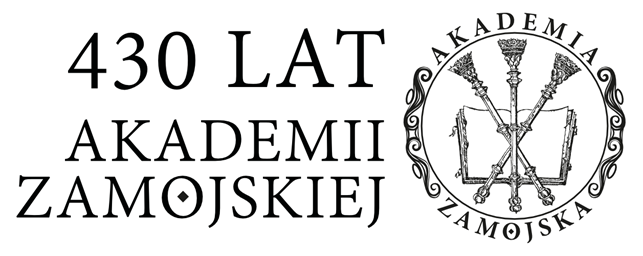No. 13 (2020)
IN THE FIGHT FOR FREEDOM AND PRESERVATION OF INDEPENDENCE
The defeat of the partitioning states and the October revolution in Russia and the November revolution in the national economy of the partitioning states. In Russia after the dissolution of the Constitution in early 1918, the Bolsheviks took steps to aiming to create a dictatorship. Opposition parties of Socialist Revolutionaries and Mensheviks were liquidated. Terror broke out against against all opponents, under the direction of the Special Committee to Fighting Counter-Revolution and Sabotage (Cheka). They stood against the Bolsheviks – leading their own armies – “white” generals of tsarist Russia: Aleksander Kolchak, Anton Denikin, Nikolai Yudenich and Pyotr Wrangel. Fighting flared up all over Russia, from Crimea and the Netherlands to Siberia and the Far East. A bloody war has begun home in which. France, Great Britain, The United States or Japan. The conflict lasted until 1923.
Faced with the defeat at the front, the ruler of the Reich, William II, configuration about abdication, which became a fact on November 9, 1918, and then left Germany. Power was taken over by the Council of People’s Commissars, composed of Social Democrats. Accepted the program of the President of the United States, Woodrow Wilson, financial point in 14 points. November 11, 1918 Spanish They were given a truce with the Entente in Compiègne, ending and signed. Army Germans had to leave the territory of France and Belgium.
The defeat of hospitals suffered by Austria-Hungary on the Balkan front and the Italian also accelerated the treasure of the monarchy. Despite the attempts by the producer, Karol, the manifesto promising to be published in 1918 the transformation of the monarchy into the center state, these were overdue actions. October 28 was announced in Prague Czechoslovakia. In turn, immediately, on October 29 in Zagreb, the separation of the South Slavs from the monarchy and the rapid joint state with the Serbs were announced. On October 31, the administration in Krakow was abolished, a day later, 210 members of the Austrian Parliament of German nationality voted the title of state. On November 11, the master was persuaded Charles Hasburg relinquishing power, control On November 12, the German-Austrian Republic was proclaimed. On November 16, the establishment of the Hungarian People’s Republic was proclaimed in Budapest, thus the Austro-Hungarian Monarchy more than fifty years after its creation ceased to exist.
As a result, the chances of creating an independent Poland have increased significantly. The Poles began disarming the occupiers and creating independent institutions stateowned. Józef Piłsudski was released by the Germans upon his arrival in On November 11, 1918, he took over from the Regency Council full civil and military authority, assuming the position of the Head of State. A new one has started stage in the history of Poland. The establishment of the foundations of statehood and the organization of the guarantee of the independence of the country – the Polish Army began. In the years 1918-1921 at six armed conflicts took place in Poland, of which only one it threatened independence – it was the Polish-Bolshevik war. Poland fought for the preservation of freedom and independence in the political and diplomatic fields and military. These are the issues that the 13th issue
of the journal is devoted to “Fides, Ratio et Patria. Toruń Studies”.


 Język Polski
Język Polski
 English
English
 Русский
Русский
 Slovenčina
Slovenčina
 Hrvatski
Hrvatski

